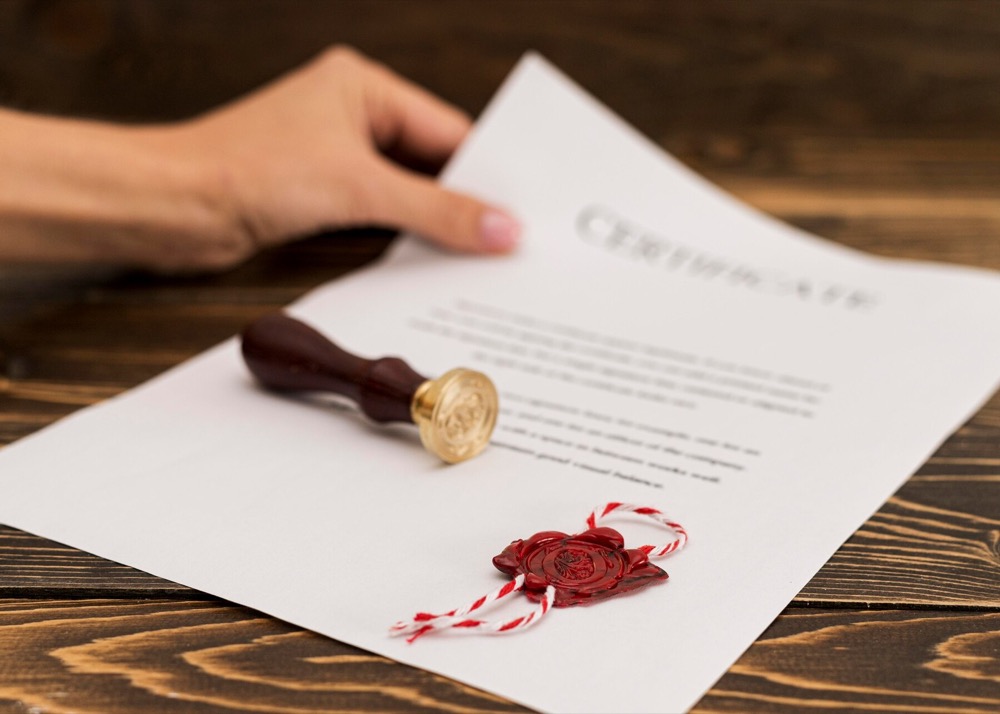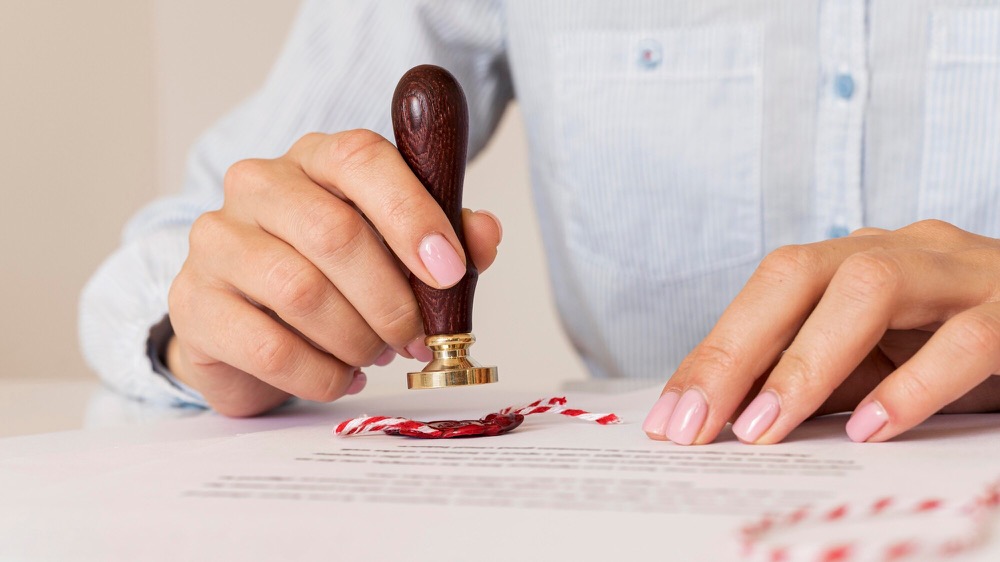A Quick Guide to Understanding Secretary of State Authentication
Secretary of State Authentication certificates and apostilles guarantee the acceptance of U.S. documents in foreign countries. Verifying the validity of documents may be necessary for court orders, vital records, educational diplomas, contracts, marriage certificates, and more.
You can determine whether you need an apostille by whether the country is one of the 91 members of the 1961 Hauge Convention. You need an authentication certificate if the country is not on the membership list. Learn about obtaining document authentication in this guide.
Requirements for Authentication
You must have every document notarized before presenting for authentication. Documents needing notarization will not be processed.
- Copies must be "true certified copies" from a notary public
- Birth, death, marriage, divorce, court, and federally-issued documents must have certification from the Secretary of State
If the documents are in a foreign language, a certified translator must complete the translation into English and include a notarization confirming an accurate translation.
Each type of state, local, federally issued, District of Columbia Superior Court, Court of Appeals, and other assorted documents have requirements to obtain a certificate of authentication.
Apostille Certification
Countries signing the 1961 Hague Convention accept a state's Secretary of State signature as an apostille certification. For countries not on the list, you need authentication by the U.S. Department of State.
For example, Montgomery County, Maryland apostille certification requires:
- The document is notarized in Montgomery County
- Take the notarized document to the Licensing Office of the Montgomery County Circuit Court Clerk for certification
- Take the certified document to the Maryland Office of the Secretary of State in Annapolis for apostille certification
For non-members of the Hague Convention, you must complete all three steps above, plus take the document with apostille certification to the U.S. State Department for certification. You may also need embassy validation if the country is not a Hague Convention signer.
You can skip the first two steps and go directly to the Maryland Secretary of State if you have official Maryland documents with a state or county seal and authorized signature.
Virginia Secretary of State Authentication
The Secretary of State of the Commonwealth of Virginia only performs authentication for Virginia officials in good standing and issues authentication using either a Great Seal or Apostille. The verification is to confirm the proper notarization of your document.
They cannot authenticate documents for use within the U.S. or its territories. Federal document authentication must come from the U.S. State Department.
Washington DC Authentication
The Office of Notary Commissions and Authentications (ONCA) authenticates three types of documents:
- Apostilles for countries participating in the Hauge Convention
- Foreign documents for use in non-Hauge Convention members
- Department of Head Documents for Hauge and non-Hauge convention countries
The ONCA does not authenticate FBI documents, most federal documents, or documents for Guam and Puerto Rico.
If the country you are traveling to is not a Hauge Convention member, you will receive a Foreign Certificate. The U.S. Authentication Office must authenticate the certificate.
Convenient Notary and Apostille Services
The most time-efficient method for obtaining Secretary of State Authentication is the Maryland DC Virginia Mobile Notary & Apostille offices. We offer several mobile services to ensure your documents meet legal requirements.
Whether you need notary services, apostille services, embassy consulate legalization, or more, we can help. Check our services, and then call 202-478-8228 to learn more or schedule an appointment.
‹ Back








